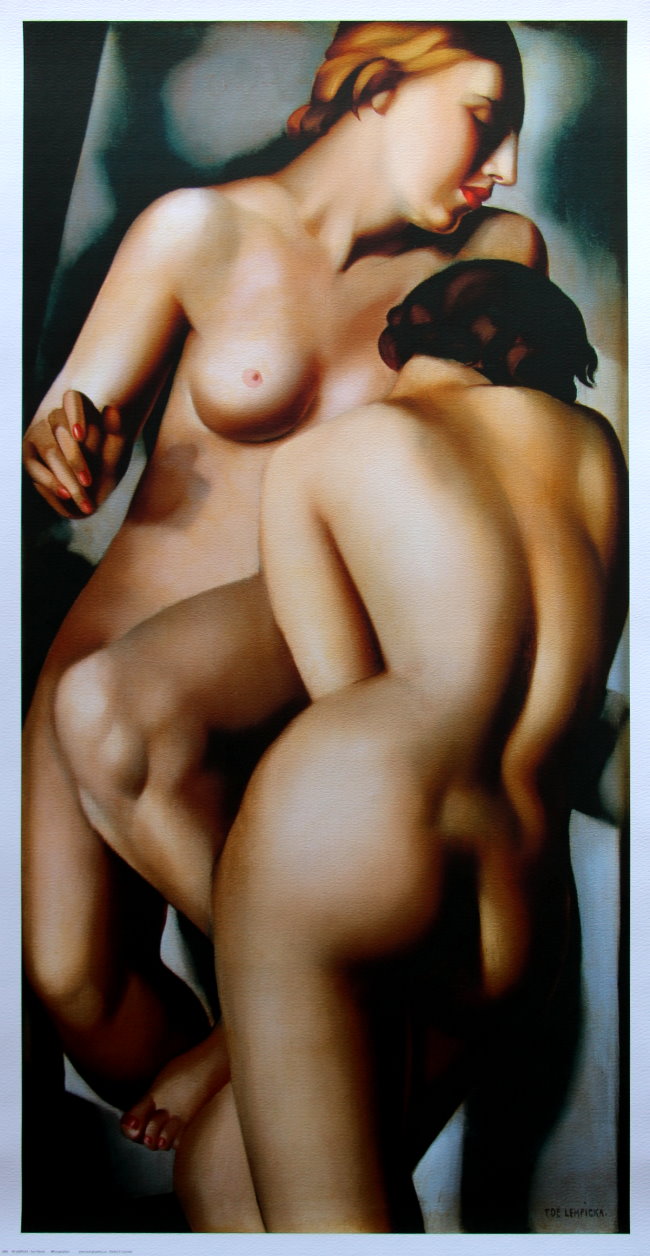Tel : (+33) 4 94 63 18 08
9am - 6pm from Monday to Sunday
Discover the artist's categories
Tamara De Lempicka
Additional cultural and artistic information about the artist
* * *
Main works
Self-Portrait with the Green Bugatti (1929): A symbol of women's emancipation and luxury.
Perspective (The Two Friends) (1923): A striking work for its eroticism and distinctive style.
Portrait of Duchess Romana de la Salle: Series of portraits reflecting the social elite of the time.
Artistic movements
Art Deco movement with a style that combines elegance, modernity, and the glamour of the roaring twenties.
Inspiration, influence
She combines elements of neo-cubism and the Italian Renaissance, integrating pronounced modeling and compositions inspired by cinematic framing. Her influences include her teachers Maurice Denis and André Lhote, as well as the contemporary artists of the interwar period.
His contemporaries
Tamara de Lempicka rubbed shoulders with the great names of the artistic and social scene of the time, such as Gabriele D'Annunzio, André Gide, and Colette. She is also associated with the architect Robert Mallet-Stevens, who designed her studio in Paris.
To keep in mind
Tamara de Lempicka, an iconic artist of the Art Deco movement, brilliantly constructed her image as a modern and liberated female painter. Her painting, influenced by cubism, the Italian Renaissance, and European avant-gardes, is characterized by sophisticated composition and a style that immediately captivated her audience. She managed to incorporate the codes of the emerging spectacle society, becoming an icon of the jet-set and a figure of the international high society. Her works, characterized by fashionable portraits and nudes, reflect the effervescence of the Roaring Twenties and the emancipation of women. Even after her withdrawal from the art scene, her work continues to be celebrated, reaching peaks in the art market and influencing contemporary figures like Madonna.



























































